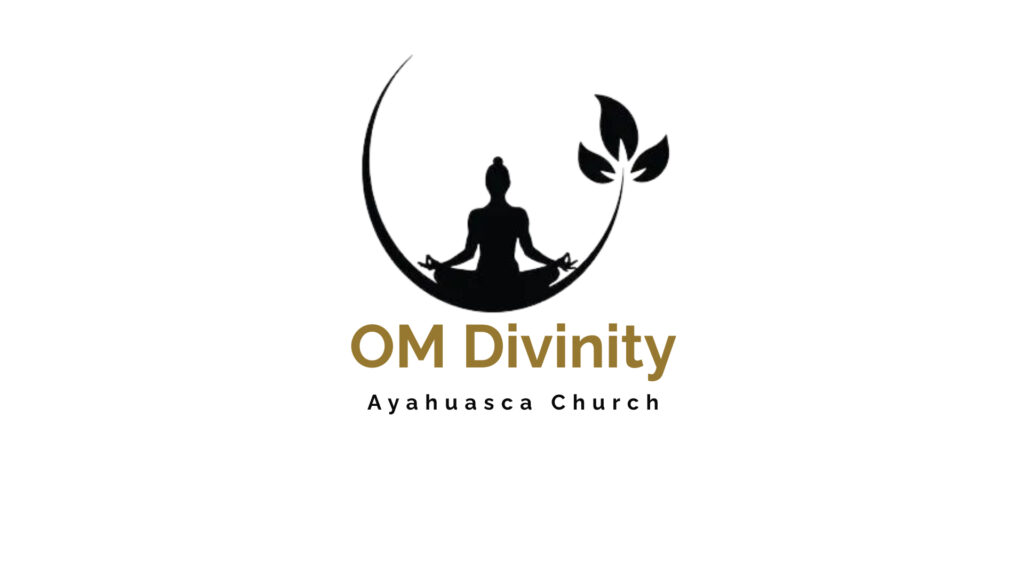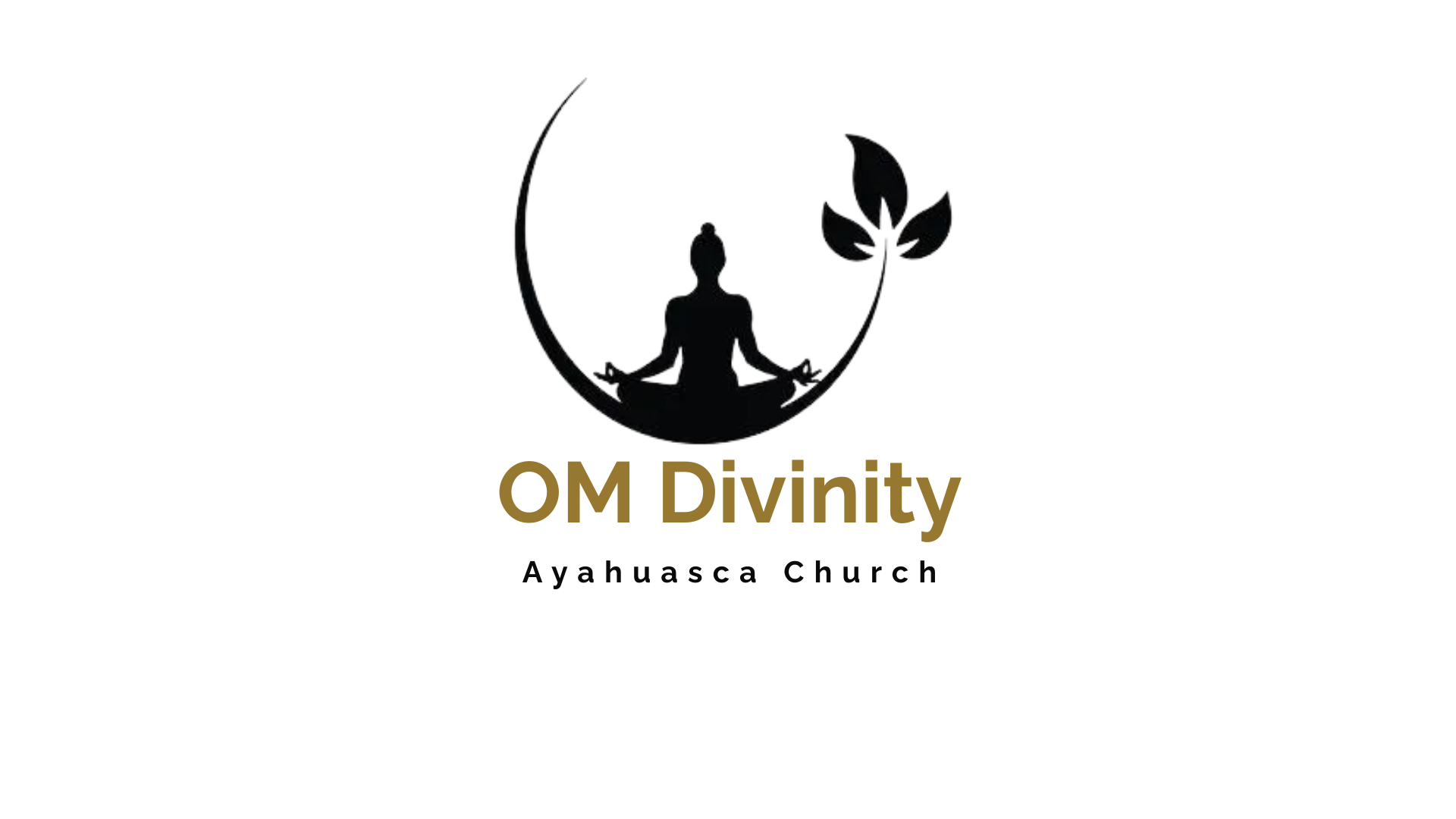Dive into the transformative potential of spiritual retreats. Discover how to engage in mindfulness, connect with nature, and cultivate openness to learning. Explore post-retreat integration strategies for sustained personal growth and spiritual enrichment.
Introduction
Definition of Spiritual Retreats:
- Spiritual retreats are immersive experiences designed to allow individuals to disconnect from everyday distractions and reconnect with their inner selves.
- These retreats often involve meditation, yoga, reflection, and self-discovery to foster personal growth and spiritual development.
Importance of Spiritual Retreats in Modern Life:
- In today’s fast-paced and interconnected world, spiritual retreats offer much-needed relief from the constant noise and stress.
- They allow individuals to step away from their routines, reflect on their values and beliefs, and better understand themselves and their place in the world.
- Spiritual retreats have become increasingly relevant in addressing the growing concerns related to mental health, burnout, and existential angst in modern society.
Overview of the Guide:
- This guide aims to comprehensively understand spiritual retreats, their significance, and their benefits.
- It will delve into the essential components of spiritual retreats, including their definition, historical context, and different types.
- Additionally, the guide will explore the numerous advantages of embarking on a spiritual retreat journey, ranging from mental and emotional wellness to social and interpersonal benefits.
Understanding Spiritual Retreats
What Constitutes a Spiritual Retreat?:
- Spiritual retreats encompass various practices and activities geared towards inner exploration and self-discovery.
- Common elements of a spiritual retreat may include meditation sessions, guided introspection, nature walks, group discussions, and workshops focused on personal growth.
- The primary goal is to create a supportive environment conducive to deepening one’s spiritual connection and fostering holistic well-being.
Historical Background and Evolution:
- The concept of spiritual retreats has roots in ancient traditions and religious practices, where individuals would withdraw from society temporarily to seek enlightenment or divine guidance.
- Over time, spiritual retreats have evolved to cater to a broader audience, incorporating elements from various spiritual and philosophical traditions.
- Today, spiritual retreats come in diverse forms, catering to individuals of different backgrounds, beliefs, and spiritual inclinations.
Types of Spiritual Retreats:
- Spiritual retreats can vary widely in focus, duration, and setting, catering to participants’ unique needs and preferences.
- Some joint spiritual retreats include mindfulness, yoga, silence, wilderness, and retreats centered around specific spiritual practices or traditions.
- Each type of retreat offers its own set of experiences and opportunities for growth, allowing participants to choose a retreat that aligns with their interests and goals.
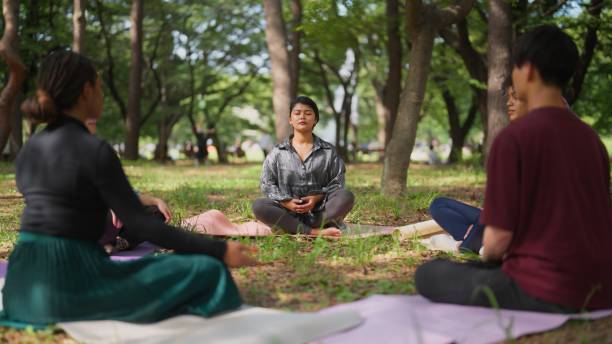
Planning Your Spiritual Retreat
Choosing the Right Location:
- Consider serene environments conducive to reflection and introspection.
- Research destinations aligned with your spiritual beliefs and preferences.
- Evaluate accessibility, amenities, and proximity to nature.
Selecting the Ideal Duration:
- Determine the length of retreat based on personal commitments and goals.
- The balance between shorter retreats for beginners and extended stays for profound experiences.
- Factor in travel time and potential adjustment periods.
Setting Intention and Goals:
- Reflect on the purpose of the retreat and what you hope to achieve.
- Define specific intentions for personal growth, spiritual exploration, or relaxation.
- Establish clear and achievable goals to guide your journey.
Budgeting and Financial Considerations:
- Calculate total costs, including accommodation, transportation, meals, and activities.
- Research affordable options without compromising quality or experience.
- Plan for unexpected expenses and consider financial assistance or payment plans if needed.
Popular Spiritual Retreat Destinations
Tranquil Nature Retreats:
- Explore secluded retreat centers nestled in natural landscapes.
- Connect with the earth’s energy through forest retreats, mountain escapes, or beachside sanctuaries.
- Engage in outdoor activities like hiking, wildlife observation, or eco-friendly practices.
Sacred Sites and Pilgrimages:
- Embark on spiritual journeys to revered destinations steeped in history and tradition.
- Visit ancient temples, holy shrines, or sacred mountains revered by spiritual seekers worldwide.
- Participate in rituals, ceremonies, or guided tours to deepen your spiritual connection.
Yoga and Meditation Centers:
- Immerse yourself in the practice of yoga and meditation at specialized centers.
- Join retreats focusing on mindfulness, breathwork, or holistic healing modalities.
- Benefit from expert instruction, group sessions, and transformative workshops.
Monasteries and Ashrams:
- Experience the tranquility of monastic life in spiritual communities dedicated to contemplation and service.
- Seek refuge in ashrams offering meditation retreats, spiritual teachings, and communal living.
- Embrace simplicity, silence, and self-reflection under the guidance of spiritual mentors.
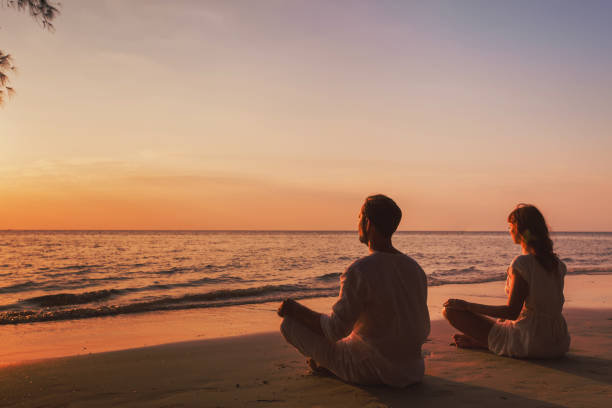
Critical Elements of a Successful Retreat Experience
Daily Schedule and Activities:
- Design a balanced itinerary with structured sessions and free time for personal reflection.
- Incorporate diverse activities such as meditation, yoga, spiritual teachings, and creative expression.
- Prioritize self-care practices, rest, and nourishing meals to rejuvenate body and mind.
Accommodation and Facilities:
- Choose accommodations that foster relaxation, comfort, and connection with nature.
- Opt for eco-friendly and sustainable lodging options aligned with spiritual values.
- Ensure essential amenities and facilities support your physical and spiritual well-being.
Guidance and Mentorship:
- Seek guidance from experienced teachers, spiritual leaders, or retreat facilitators.
- Participate in group discussions, one-on-one sessions, or spiritual counseling for personalized support.
- Embrace mentorship opportunities to deepen your practice and navigate inner challenges.
Integration and Follow-Up Support:
- Plan a smooth transition to daily life with strategies for integrating retreat insights.
- Stay connected with fellow retreatants through online communities, support groups, or follow-up events.
- Seek continued guidance, resources, and spiritual practices to sustain post-retreat growth and transformation.
Preparing for Your Retreat Journey
Mental and Emotional Preparation
- Reflect on your reasons for attending the spiritual retreat and set intentions for what you hope to gain.
- Practice mindfulness and meditation to cultivate inner peace and emotional resilience.
- Release any expectations and approach the retreat with an open heart and mind.
Physical Readiness and Health Considerations
- Consult a healthcare professional to ensure you are physically fit for the retreat activities.
- Engage in regular exercise and healthy eating habits to optimize your physical well-being.
- Pack any necessary medications or supplements, and be prepared for the climate and terrain of the retreat location.
Packing Essentials and Checklist
- Create a packing list including clothing suitable for yoga or meditation, comfortable walking shoes, toiletries, and any required spiritual items.
- Consider bringing a journal for reflection, a water bottle for hydration, and a flashlight for nighttime activities.
- Double-check your checklist to ensure you have all essential items.
Communication and Logistics Planning
- Confirm your travel arrangements and ensure you have directions to the retreat location.
- Notify loved ones of your plans and provide them with emergency contact information.
- Familiarize yourself with the retreat schedule and guidelines, and communicate any dietary restrictions or special needs to the organizers.
Making the Most of Your Spiritual Retreat
Openness and Willingness to Learn
- Approach each activity and interaction with curiosity and openness to new experiences.
- Embrace the opportunity for personal growth and spiritual development.
- Step out of your comfort zone and explore unfamiliar practices or teachings.
Engaging in Mindfulness and Reflection
- Practice mindfulness throughout the retreat by staying present and fully immersed in each moment.
- Take time for self-reflection and journaling to deepen your understanding of yourself and your spiritual journey.
- Use meditation and breathwork to quiet the mind and cultivate inner peace.
Connecting with Nature and Spirituality
- Spend time outdoors connecting with the natural world and appreciating its beauty and tranquility.
- Seek out opportunities for contemplation and spiritual connection in natural settings.
- Participate in rituals or ceremonies that honor the sacredness of nature and the divine.
Building Community and Support Network
- Connect with fellow retreat participants through shared activities and discussions.
- Offer support and encouragement to others on their spiritual journey.
- Exchange contact information with individuals who resonate with you, and consider staying in touch after the retreat.
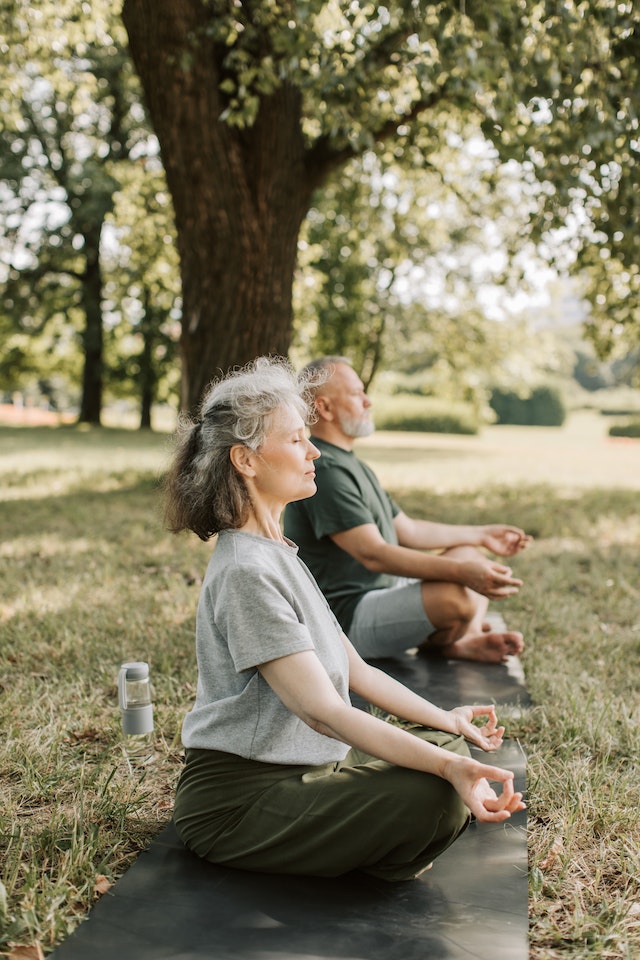
After the Retreat: Integration and Continued Growth
Imaging of Retreat Experience
- Reflect on your experiences during the retreat and the insights you gained.
- Journal about your thoughts and emotions, and consider how they have shifted or evolved since the retreat.
- Express gratitude for the lessons learned and the connections made during your spiritual journey.
Implementing Lessons Learned into Daily Life
- Identify practical ways to integrate the teachings and practices from the retreat into your everyday life.
- Create a daily spiritual routine that includes meditation, reflection, and mindfulness practices.
- Stay committed to your personal growth journey and prioritize self-care and spiritual nourishment.
Seeking Ongoing Support and Resources
- Contact your retreat community or spiritual mentor for ongoing support and guidance.
- Seek books, podcasts, or workshops aligning with your spiritual interests and goals.
- Consider joining a local spiritual community or online group to connect with like-minded individuals.
Planning Future Retreats and Spiritual Journeys
- Reflect on your retreat experience and consider what aspects you want to explore in future retreats.
- Research potential retreat destinations and programs that resonate with your spiritual aspirations.
- Set intentions for your future spiritual journeys and trust that the universe will guide you to the experiences supporting your growth and evolution.
Final words
Recap of the Importance of Spiritual Retreats
- Spiritual retreats offer a transformative opportunity to deepen your connection with yourself, others, and the divine.
- They provide a sacred space for self-reflection, growth, and renewal.
- You can cultivate greater peace, clarity, and fulfillment by prioritizing self-care and spiritual nourishment.
Encouragement for Embarking on the Journey
- Embarking on a spiritual retreat is a courageous and empowering step toward personal growth and transformation.
- Trust in the wisdom of your inner guidance and the universe’s support as you embark on this journey of self-discovery.
- Know that you are worthy of the love, healing, and abundance that await you on your spiritual path.
- Unlocking the Healing Power of Plant Spirit Medicine. Learn more.
- Exploring the Ancient Path: A Deep Dive into Shamanic Journeys. Learn more.
- Journey to Tranquility: Mindfulness Retreat in Atlanta. Learn more.
- Your Guide to Transformative Ayahuasca Retreats in the USA. Learn more.
- Rejuvenating the Soul: The Power of Spiritual Healing. Learn more.
- Tantric Healing: Experience Healing and Growth. Learn more.
